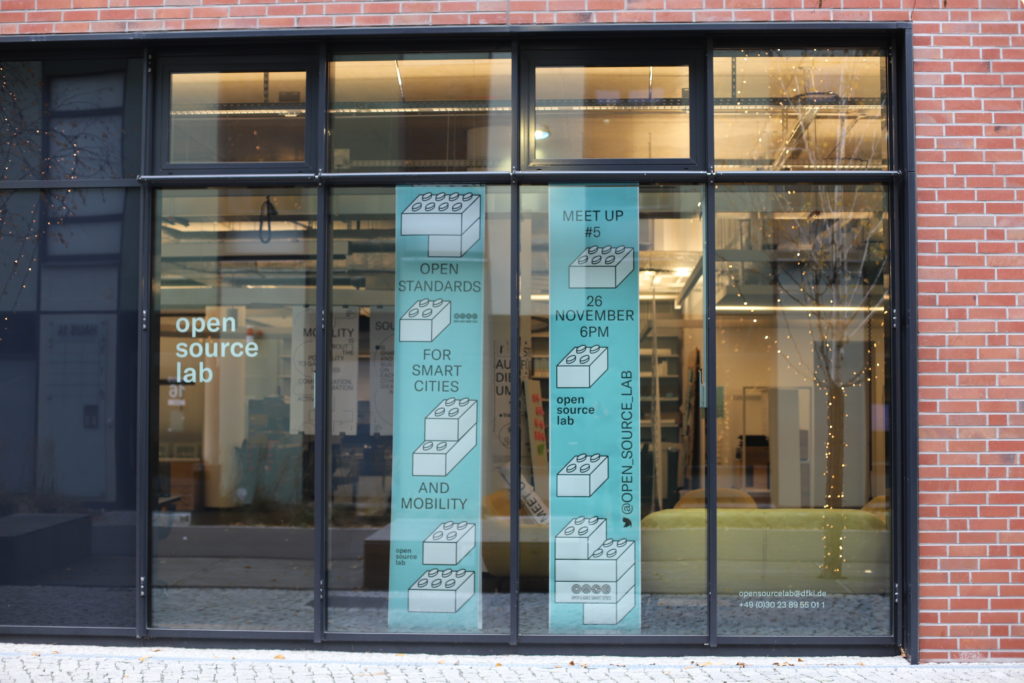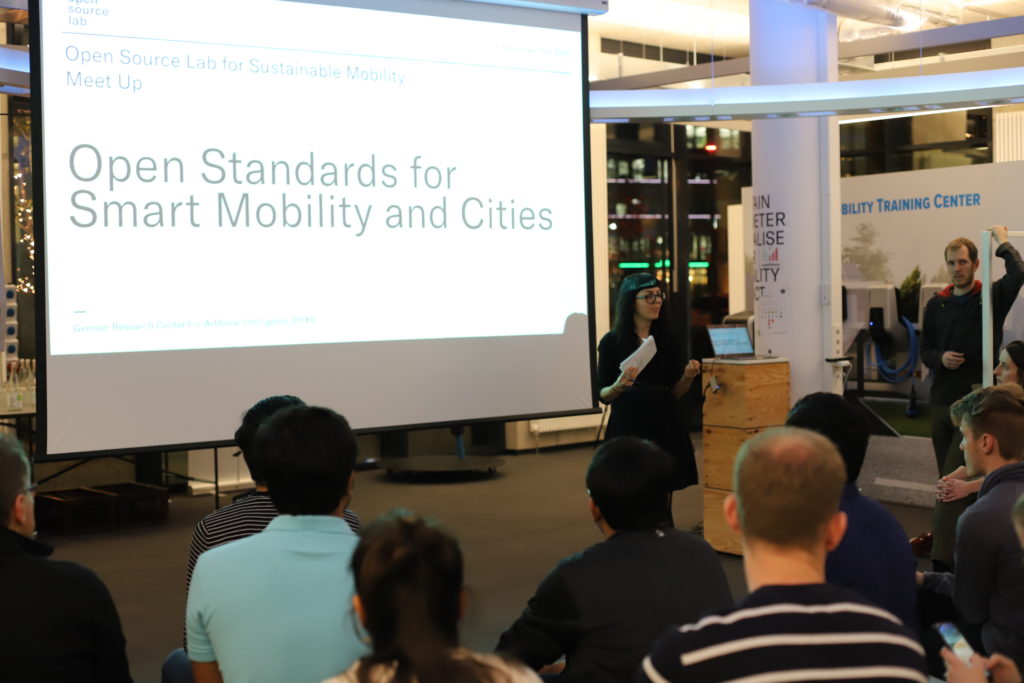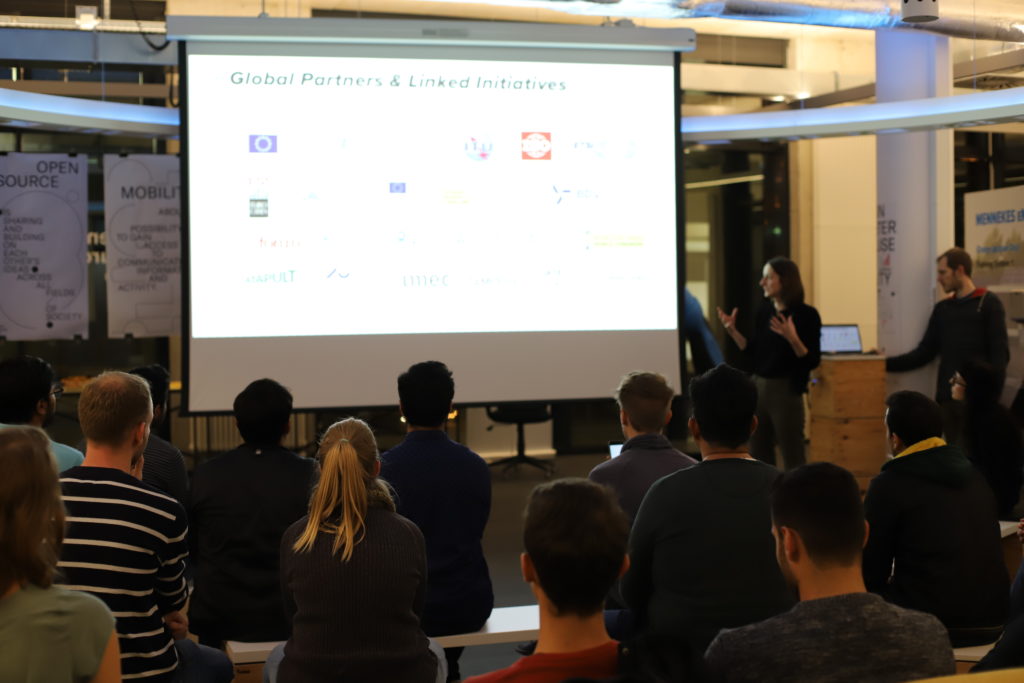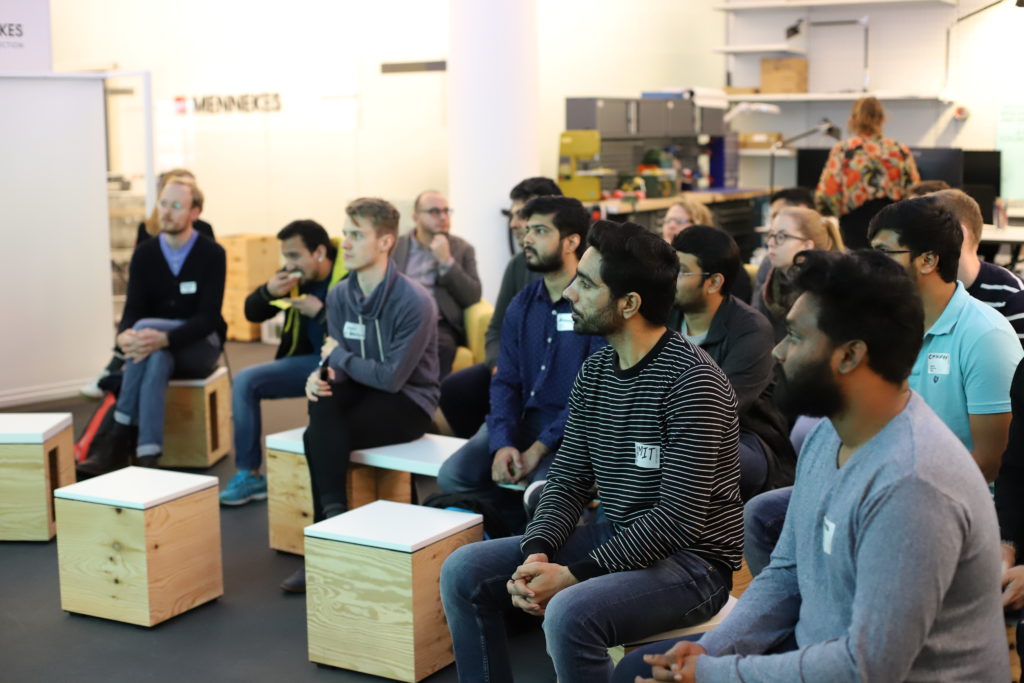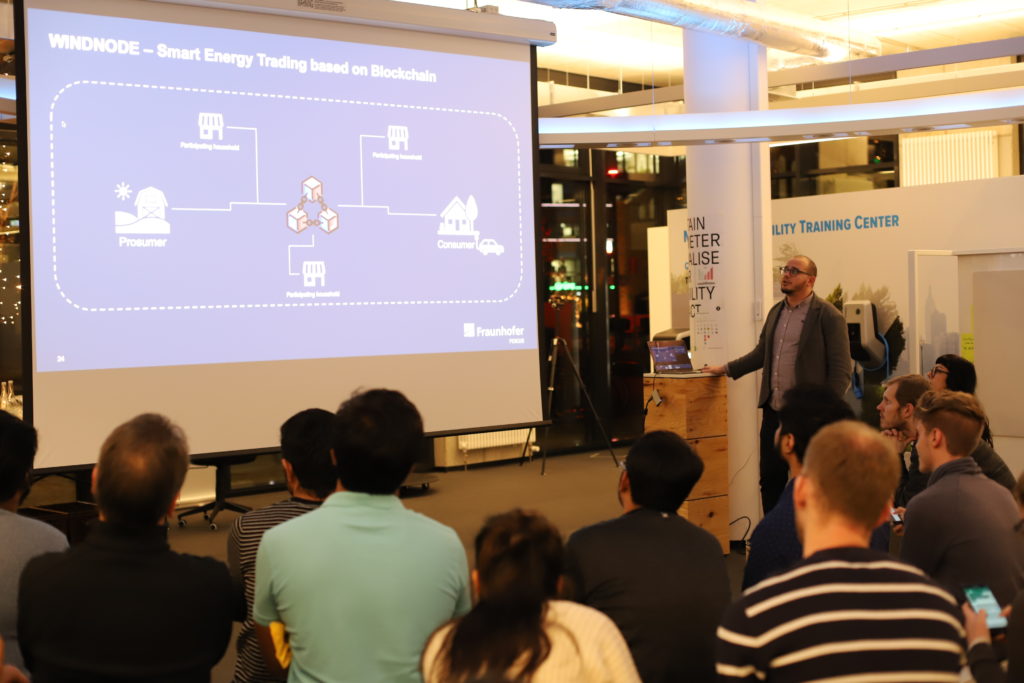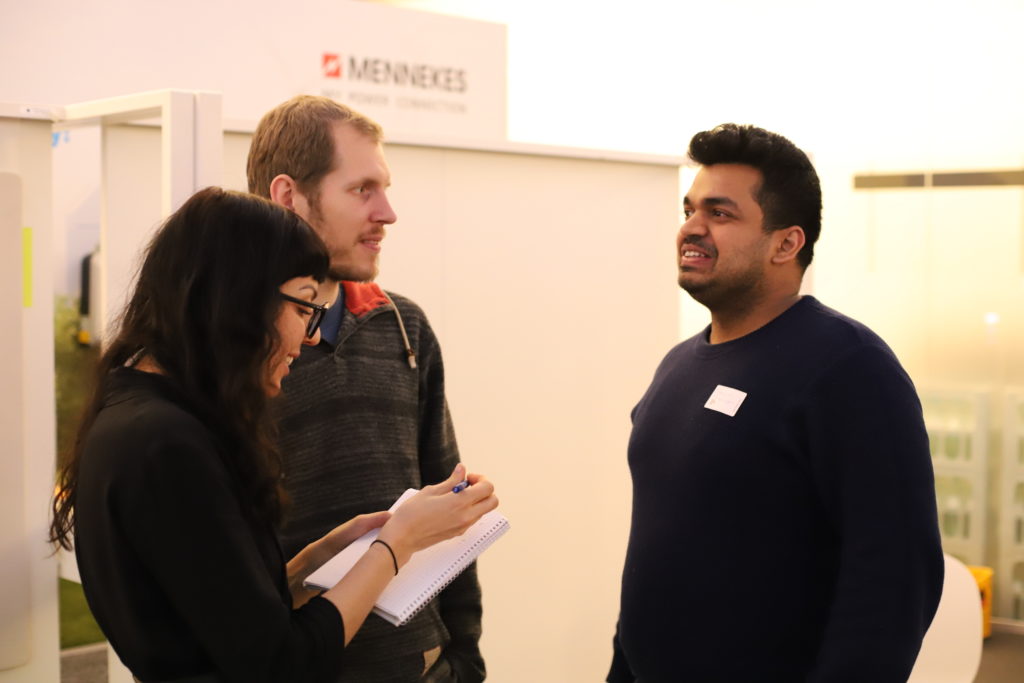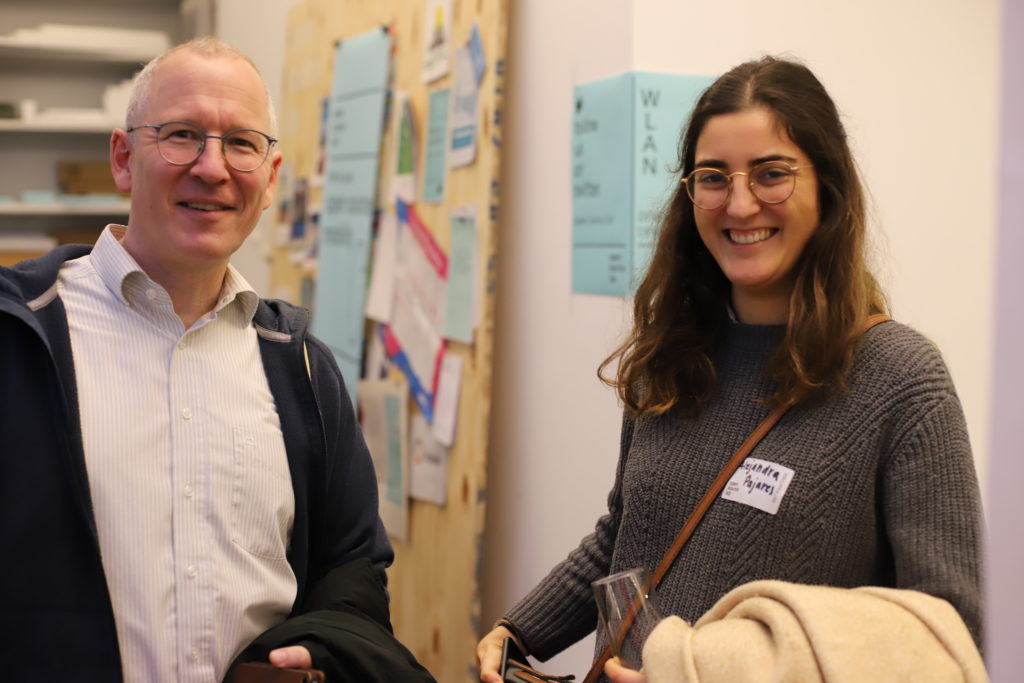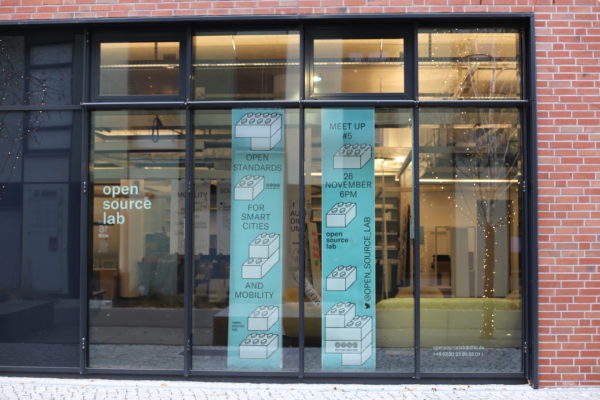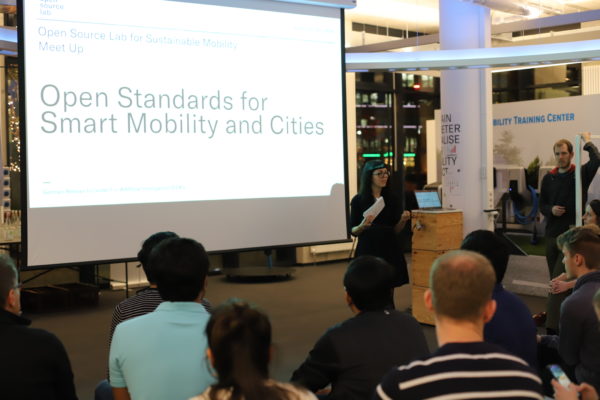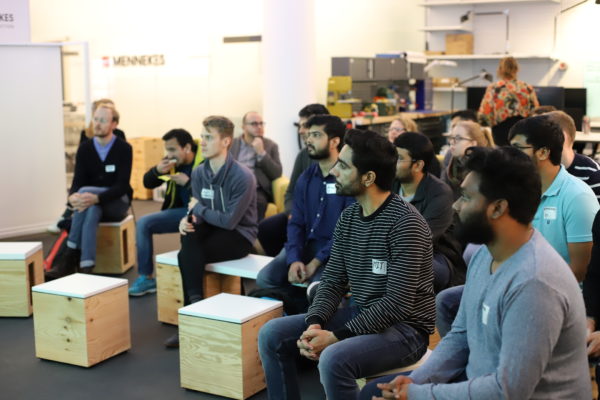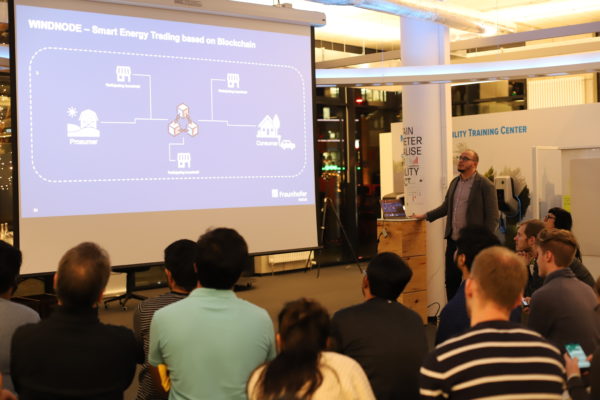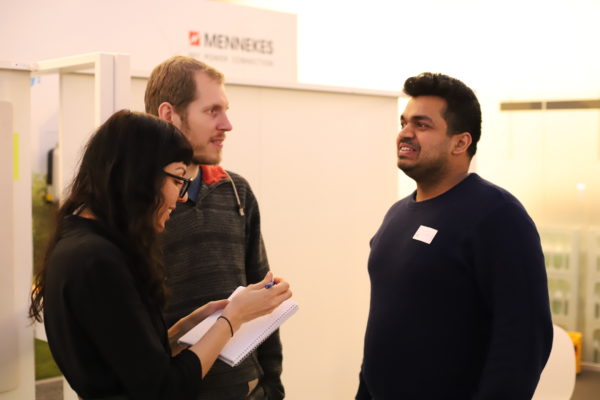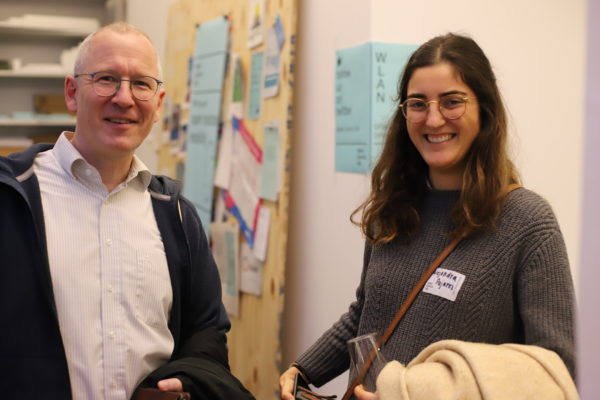Open Standards
Cities are racing to provide ‘smart’ digital services in order to better meet the needs of citizens, be more efficient and improve their progress towards meeting environmental, social and economic goals. In doing so they need to partner with an array of vendors (companies that create products and services), which are generally privately run and profit driven.
Open standards ensure compatibility between the different products and services of vendors that make up a city’s or organisations digital and physical infrastructure. They enable complementing goals to be realised, such as open data or universal charging connections, and for working solutions to replicate or scale without gatekeepers or barriers. Open standards provide a basis for partnerships between different stakeholders that avoid vendor lock-in, which happens when a product or service no longer meets needs or expectations of the subscriber or owner, such as a city government, but they can not change providers due to underlying proprietary technology or incompatibility with other solutions in the market.
At the Open Source Lab’s Meetup event on the evening of Tuesday 26th November, the Lab’s guests explained activities they are working on and promoting to enable the development and implementation of open standards in Europe and around the world. Some key themes of their presentations are outlined below along with links to their full presentations.
Lea Hemetsberger, Communications & Project Manager, Open and Agile Smart Cities (OASC)
Open and Agile Smart Cities (OASC) is a global community of over 150 cities building consensus on how to exchange solutions, services, and data. Lea spoke about how OASC are working with its partners to establish Minimal Interoperability Mechanisms (MIMs) – vendor neutral and technology-agnostic tools for achieving interoperability of data, systems or services.
Open and Agile Smart Cities is also working together with the European Commission and other partners to support the upscaling of digital transformation in European cities through the Living-in.eu initiative.
Another central activity to OASC’s current program is the Global Smart Cities Alliance. Members include the World Economic Forum, ICLEI (Local Governments for Sustainability), G20 Japan, Smart City World Expo and the Commonwealth Local Government Forum. The Alliance seeks to establish a new framework for technology governance through uniting municipal, regional and national governments, private-sector partners and citizens to establish global norms and policy standards for the use of connected devices in public spaces.
Lea’s full presentation can be viewed here: Open and Agile Smart Cities Presentation
Dr.-Ing. Nikolay Tcholtchev, Fraunhofer Institute for Open Communication Systems (Fraunhofer FOKUS)
Fraunhofer Institute for Open Communication Systems (FOKUS) is part of the German wide Fraunhofer Society research organisation and its array of institutes. Fraunhofer FOKUS undertake research, development and prototyping as well as advisory and consulting services. Such work includes the formulation of the Open Urban Platform, an EU Project that created a reference architecture model for smart city solutions. The framework “uses open standards and interfaces to guarantee compatibility and interoperability with other systems and other urban platforms.”
Other standardization and collaboration activities include Information and Communication Technology (ICT) Reference Architecture as part of the European Innovation Partnership Smart Cities and Communities as well as working alongside industry and academic partners to develop a standard for urban mobility data collection for real-time applications.
Previously Fraunhofer FOKUS was an initiator of the Berlin Open Data Portal, Berlin’s Energy Open Data Platform as well as the European Open Data Portal.
Niko’s full presentation can be viewed here: Fraunhofer Fokus Presentation
Both guests welcomed anyone seeking further information on the topics they presented to contact them directly at lea@oascities.org or nikolay.tcholtchev@fokus.fraunhofer.de
It was an extremely informative evening with Q&A after each talk deep diving further into the content presented. Thank you to our guests and attendees. We look forward to the next Meetup event that will take place early 2020.
